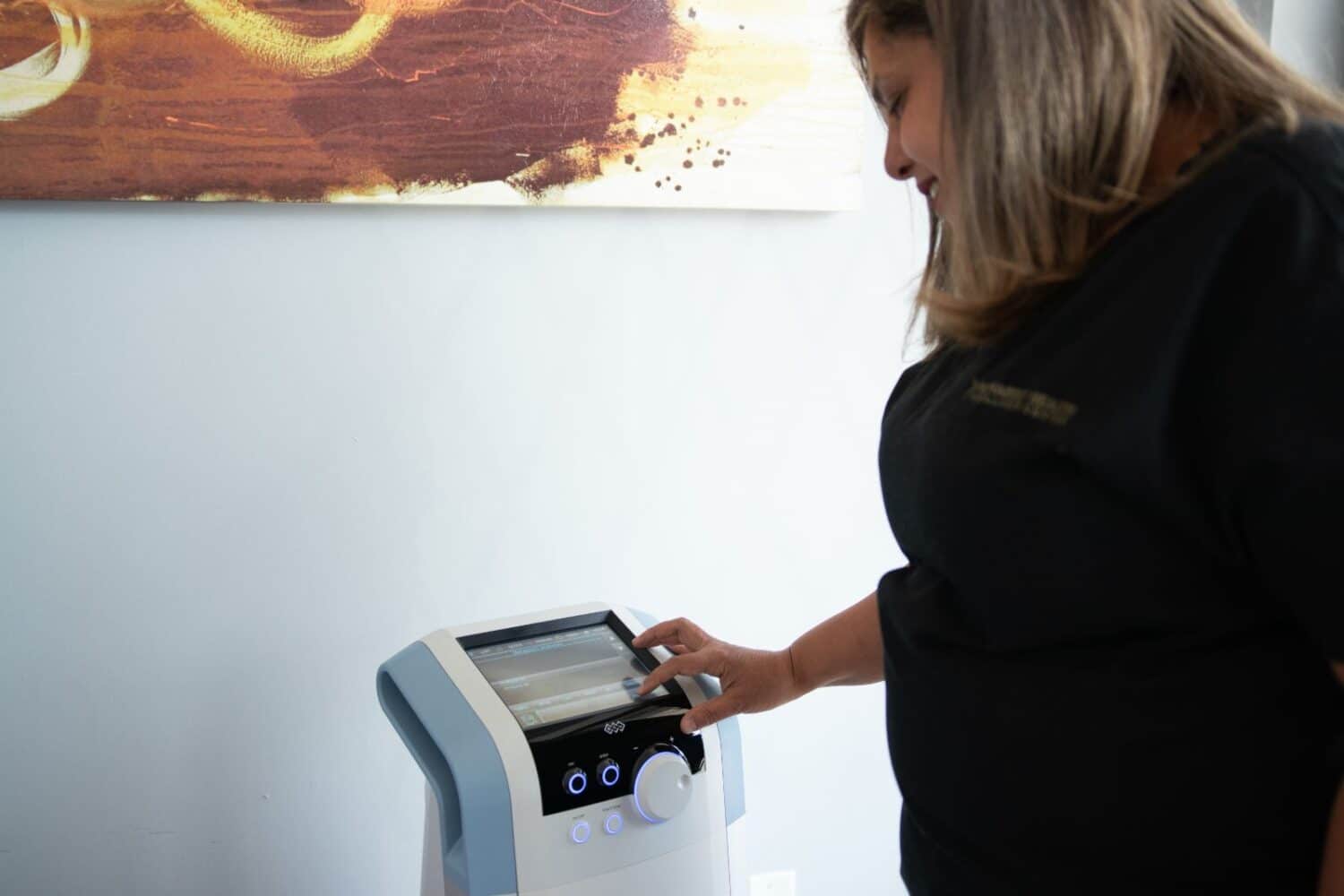Pelvic Floor Physiotherapy in Newmarket
The pelvic floor muscles are responsible for the following functions:
What Does a Pelvic Floor Physiotherapist Do?
Unfortunately, many people who experience such symptoms believe they just have to suffer through the pain, and yet there is an effective treatment they can undergo to help address these issues and make them feel better. A pelvic floor physiotherapist in Newmarket can help decrease the symptoms caused by pelvic dysfunction or eliminate them altogether.
Pelvic Floor Dysfunction Symptoms
Pelvic floor dysfunction can be caused by pregnancy and childbirth, hormonal changes like menopause, excessive heavy lifting, pelvic surgery or straining when urinating or having a bowel movement.

Postnatal Pelvic Floor Physiotherapy in Newmarket

Kegel exercises and pelvic floor exercises can strengthen your pelvic floor muscles, however, if your symptoms continue to be prevalent, physiotherapy may be the best course of action for you.
The need for postnatal pelvic floor physiotherapy is not only limited to women who have vaginal births. Women who have cesarean deliveries often need to have pelvic floor physiotherapy. This is because the weight of the baby, amniotic fluid, placenta, and uterus put excessive pressure on the pelvic floor muscles. It’s important that you have your pelvic floor exercises assessed particularly before returning to any form of exercise after childbirth just to make sure that your muscles in your pelvic floor are working as they should and ready for increased activity.
FAQ
-
What conditions does pelvic floor physiotherapy treat?
- Chronic Pelvic pain
- Constipation
- Endometriosis
- Hip pain
- Interstitial cystitis
- Low back pain
- Pain in areas of the vagina (Clitorodynia, Vestibulodynia, or Vulvodynia)
- Pain with bowel movements or urination
- Painful Intercourse (Dyspareunia, Vaginismus)
- Painful Bladder Syndrome
- Pelvic organ prolapse
- Prenatal care
- Postpartum care
- Urinary incontinence, fecal incontinence, urge incontinence
- Urinary urgency, retention, hesitation, frequency
-
Will my extended health insurance cover pelvic floor physiotherapy?
If you have extended health insurance benefits then you may be able to request coverage for pelvic floor physiotherapy. PFP is not currently covered by the Ontario Health Insurance Plan (OHIP).
-
Can I come to pelvic floor physiotherapy if I am on my period?
Yes, you can come to pelvic floor physiotherapy if you are on your period. Menstruation does not prevent physical therapy from being effective, and it certainly is not harmful by any means.
-
Can I receive pelvic floor physio while I am pregnant?
Yes, you can receive pelvic floor physio while you are pregnant. Not only is it safe to do pelvic floor exercises while pregnant, but it is very beneficial to help prepare you for giving birth as well for the following reasons:
- You can help to control some of the bladder and bowel symptoms during pregnancy.
- It can help ensure your muscles are elastic enough for birth.
- PFP can also act as a preventive measure. For example, if you are experiencing urinary incontinence, the leaking may be a result of an issue with muscle integrity. If the muscles aren’t strong enough to hold and control the bladder, PFP will help with this.
Even after birth, physiotherapists say you can restart pelvic floor physiotherapy roughly 4-6 weeks postpartum.








